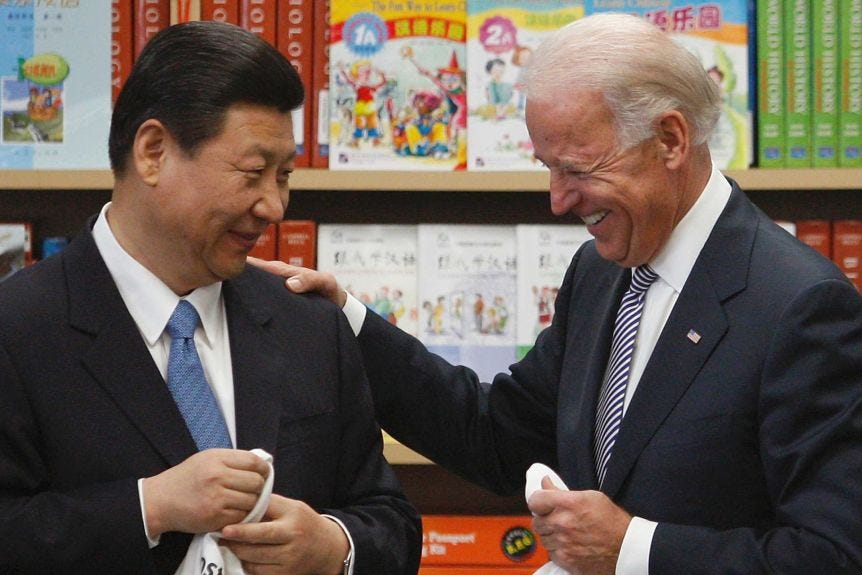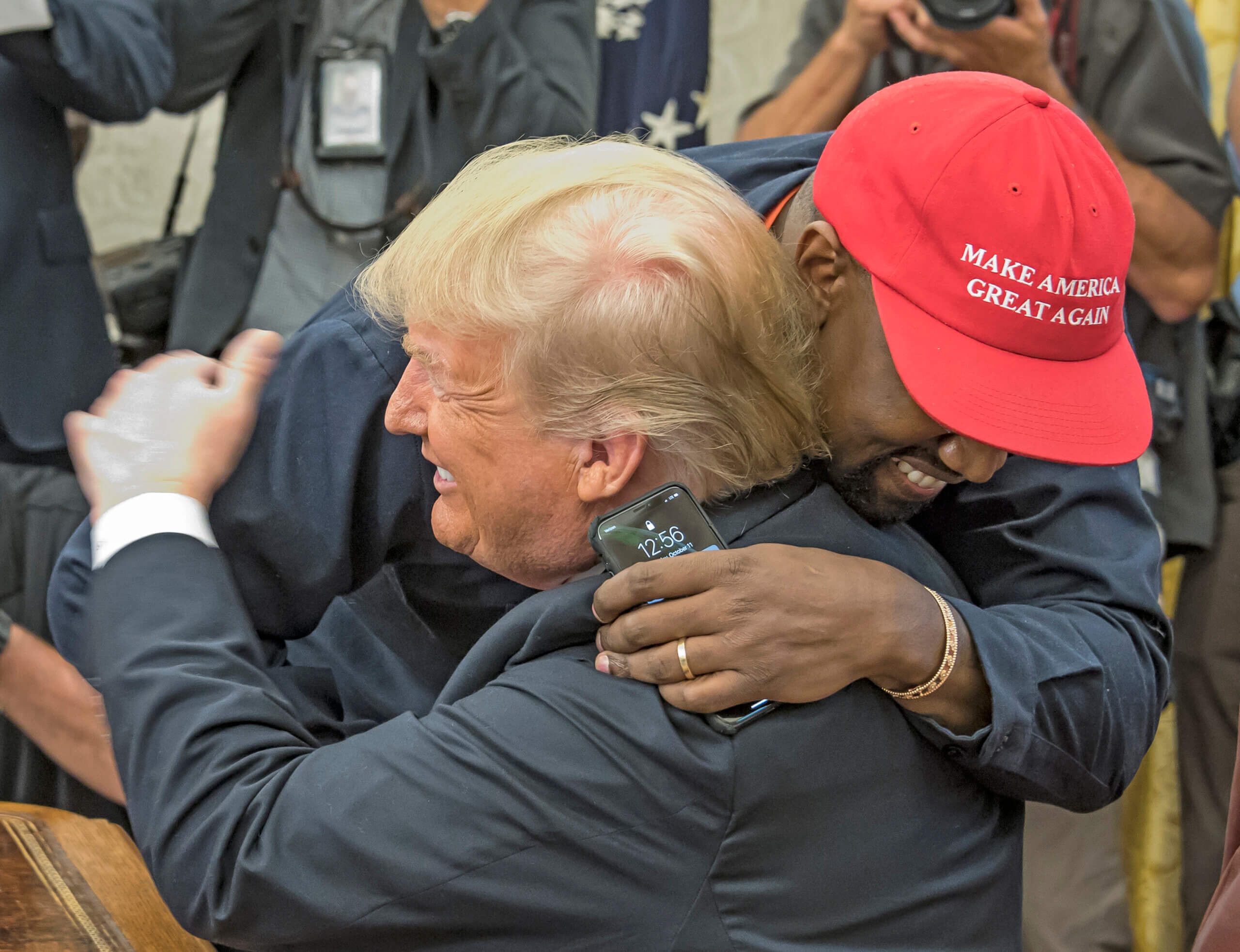By Ede Ijjasz-Vasquez, Aloysius Uche Ordu
Africa is the world’s youngest region, and its young population is seen as both a crisis and an opportunity. Youth unemployment is front and center in the minds of African policymakers and is a topic of much discussion and research.
At the same time, Africa is one of the most vulnerable regions to climate shocks, given the dependency of food production on rain-fed agriculture and pastoralism. Forecast scenarios predict that Africa will face a myriad of impacts caused by a rapidly changing climate as the number of days per year with life-threatening temperatures above 41ºC increases and the incidence of floods surges, driven by sea level rises in coastal areas.
Climate change will significantly and adversely impact youth employment, especially in the informal sector. Most youths in Africa live in rural areas and work in agriculture—the economic sector set to be most affected by climate change. Furthermore, Africa has the fastest urbanization rate worldwide. Urban youth livelihoods will be impacted by climate in their places of work (often their homes in informal settlements), and subsequently their employment opportunities.
The youth of 2030 will be in their peak earning period by 2050, when some of the worst impacts of climate change are projected to hit the continent. In the absence of effective social protection programs, today’s youth must start saving, by age 40, for old age. A worsening economy and livelihood opportunities due to climate change will be a drag on their economic opportunities and savings.
Breaking the silos between think tanks and youth groups
Despite these worrying predictions, Africa’s think tanks and research institutes have not studied in sufficient detail, the nexus between climate change and youth challenges on the continent. There have been few cross interactions or partnerships between think tanks and youth organizations in the climate space. “Elevating youth voices on climate action”—a new project of the Africa Growth Initiative at Brookings—intends to contribute to addressing this gap and breaking the silos between these two groups. As a start, the project will have the following five objectives:
- Identify existing opportunities and gaps in Africa’s youth-led climate action.
- Strengthen the capacity of youth organizations across the continent through access to the latest evidence, research, and policy options on climate change in Africa, generated through collaborative research work with Africa’s think tanks.
- Provide think tanks access to the local knowledge and activism platforms of Africa’s youth groups in the climate change space.
- Enable Africa’s youth to effectively engage with the highest level of decisionmakers through partnerships with think tanks.
- Strengthen cross-country learning or regional exchanges across Africa, between networks of think tanks and youth groups leading to stronger positions and more favorable policy outcomes in international climate dialogues, and continental youth-led programs for climate action.
The journey to COP27 and beyond
In the run up to the 27th United Nations Climate Change Conference (COP27), AGI collaborated with partner think tanks in Uganda (Economic Policy Research Centre), Kenya (Kenya Institute for Public Policy Research and Analysis), Ghana (Africa Center for Economic Transformation), and Botswana (Botswana Institute for Development Policy Analysis) as the first phase of this project. These partners worked with youth organizations on national policy papers related to youth and climate change. The resulting four policy papers were prepared for discussion at a youth dialogue, organized by the Global Center on Adaptation in partnership with the African Development Bank during COP27. More than 50 youth representatives from across Africa participated. A policy note titled “Climate Change and Youth in Africa” is forthcoming.
These policy papers demonstrated the benefits of breaking the silos between think tanks and youth organizations. The perspectives from both sides enriched the analysis and identified opportunities for action, in ways neither side alone could have achieved. The intention is to replicate this same approach with more think tank partners and youth organizations across the region, and to expand the number of countries participating in the platform for stronger and broader participation at COP28 in 2023.
Main findings
The policy papers review climate change challenges at the country level, climate action programs or policies that benefit the youth, and existing youth-led climate action activities. Based on this analysis, the youth groups and think tanks identified gaps and opportunities where youth organizations can leverage new or existing programs funded by governments and development partners to scale up climate action. In addition, the policy papers propose priority actions for different stakeholders (national and local governments, academia, international organizations, and the private sector) to tackle climate change.
The four policy papers highlight similar climate challenges, from agriculture and food security to floods and impacts on youth employment and school attendance. At the same time, the results show that there is a vibrant community of youth organizations engaged in climate action, from climate-smart agriculture and digital farming services to waste recycling and climate change education and advocacy.
The analyses recognize that many youth-led ventures are carried out on a small scale due to challenges including limited access to financial resources, low demand, and a lack of technical capacity. For example, in Kenya, youth are the most excluded and disadvantaged group in accessing financing, as revealed by the FinAccess 2021 Survey report.
To deal with the issues of scale and coordination, youth organizations are forming umbrella groups. For example, in Ghana, the Local Conference of Youth (LCOY), under the umbrella of YOUNGO, aims to boost youth climate action locally and create input for the international UNFCCC Conference of Youth.
The overarching policy recommendations across the four countries include placing young people at the core of strategies for financing climate change actions and improving access to new and emerging technologies required to adopt and develop innovative, climate-smart agriculture by young agro-entrepreneurs. The idea of providing business incubation support to startups focused on climate action programs and solutions, such as solid waste management, clean energy, and climate-friendly technologies, was also a common theme.
The reports also propose the creation of climate-related, umbrella youth groups to enhance visibility and to strengthen the capacity of youth organizations for advocacy and mobilization. Other proposals include finding avenues for collaboration between youth associations and national or local governments to develop and implement practical climate adaptation solutions that meet specific sociocultural demands.
Finally, for Uganda, the private sector was singled out as a strong enabler for youth groups through commitments to corporate social responsibility and environmental, social, and governance (ESG); affordable green financing credit facilities to support young entrepreneurs, especially in the agribusiness sector; and raising awareness on climate challenges among young employees and clients.
Looking ahead, the AGI project “Elevating youth voices on climate action” plans to expand the ongoing initiative to more African countries and to deepen partnerships and dialogues in preparation for COP28 to be held in the United Arab Emirates.















